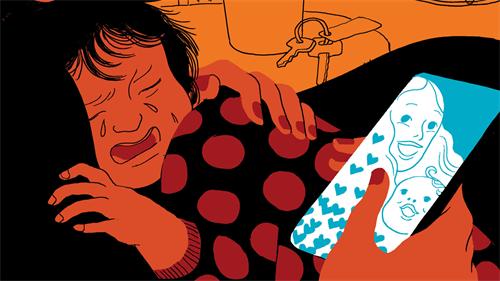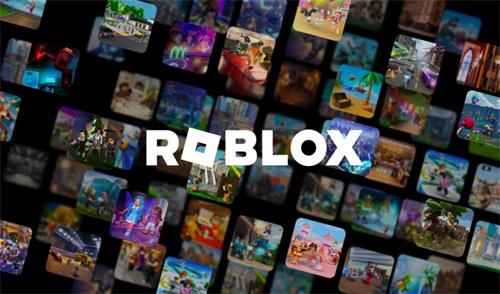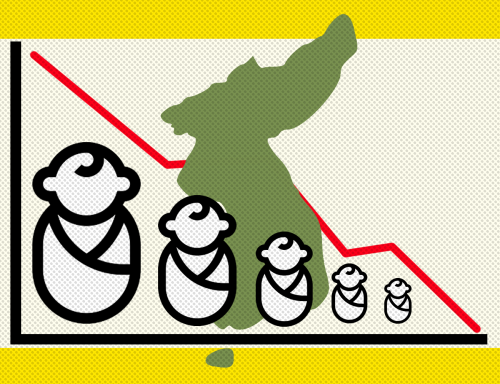Is the Rise of ‘Momfluencers’ Helping or Hurting Real Moms?

In today’s information-saturated world, social media has constructed a series of "ideal mother" templates. Around-the-clock parenting vlogs, carefully curated “supermom” personas presented by Momfluencers, and the constant comparison with “how things were back in our day” from older generations together form a web called the “Perfect Mother,” ensnaring countless new moms within it.
These seemingly gentle content fragments snowball into a flood, saturating the lives of new mothers and giving rise to a set of invisible rules: breastfeeding is the only true sign of maternal love; maintaining elegance and grace is a basic requirement of being a “good mom”; bouncing back to pre-pregnancy weight quickly is proof of discipline. In this social atmosphere, one new mother wrote in a survey, “When I see a video of a mom breastfeeding while working, I feel like I’m the only one falling apart because of milk leakage.” This kind of comparison-driven anxiety becomes an invisible shackle, with 98% of new mothers reportedly experiencing self-doubt in the middle of the night.
In reality, society’s expectation of “perfect motherhood” creates a butterfly effect, leading to an array of chain reactions. Data shows that 62.5% of new mothers experience back pain yet insist on personally managing all aspects of childcare. Over half of mothers struggle with postpartum hair loss while still clinging to image maintenance. This rift between physical limits and psychological expectations causes burnout levels to skyrocket. Even more alarming is the fact that 42% of mothers become cognitively narrowed due to overinvestment in parenting—interpreting a child’s cough as a personal failure, or attributing marital tension to their own inadequacies. This pattern of self-blame lays the groundwork for postpartum depression, creeping in like a quiet vine.
At the same time, we cannot ignore that Momfluencers do offer a certain level of informational support and emotional resonance. Most are ordinary mothers who share parenting experiences, relationship insights, and daily life through a lens of authenticity and warmth. For many new parents facing uncertainty, Momfluencers serve as a guiding light—providing both direction and comfort. Their open sharing of both victories and failures fosters a sense of “you are not alone” and builds an atmosphere of mutual support.
However, the issue lies in the nature of this so-called “authenticity,” which is often carefully selected, edited, and packaged. As their influence grows, many Momfluencers become brand ambassadors for baby and parenting products. While these partnerships bring in significant income, they also raise concerns about the objectivity and credibility of their content. When parenting advice and product endorsements are intertwined, can everyday moms still distinguish genuine guidance from commercialized promotion?
A deeper issue is that social media is shaping a new kind of “maternal standard” through digital performance: 5 a.m. workout check-ins symbolize dedication, intricately plated children’s meals suggest wholehearted parenting, and mastering parenting theories becomes a measure of how deep a mother’s love runs. A survey revealed that 76% of new mothers feel inadequate because they cannot live up to these online standards. The psychological burden is slowly eating away at the self-esteem of this new generation of mothers.
Developmental psychologist Donald Winnicott once proposed the idea of the “good enough mother,” emphasizing authenticity over perfection in motherhood. Yet today, many new moms have 23 parenting apps on their phones and 50 child-rearing books on their shelves, only to find themselves lost in this sea of information, disconnected from their instincts and intuition. This distorted idea of “perfection” has become more of a burden than a goal. They want to do well—but feel increasingly lost, exhausted, and anxious.
On Mother's Day, a symbol of love and gratitude, perhaps what we need most is a collective societal reflection: Can we dismantle the pedestal of the “perfect mother” and allow mothers to be seen in their true, unfiltered form? When we acknowledge a mother’s vulnerability, needs, and limitations—and give her the dignity and space to say “I need help”—perhaps that is the truest tribute to maternal love.
The rise of Momfluencers should never become a tool for comparison among mothers. They can be storytellers and experience-sharers—but should never be burdens that weigh down real moms. What we truly need is a more inclusive “maternal culture” where mothers support one another, grow together, and reject the illusion of the “flawless mom.”
Motherhood should not be standardized, nor graded. A real mother is one who is willing to love, willing to learn, and willing to say, “I’m not perfect, but I’m good enough.” That is the mother figure most worthy of celebration in our era.
Recommended for you:







